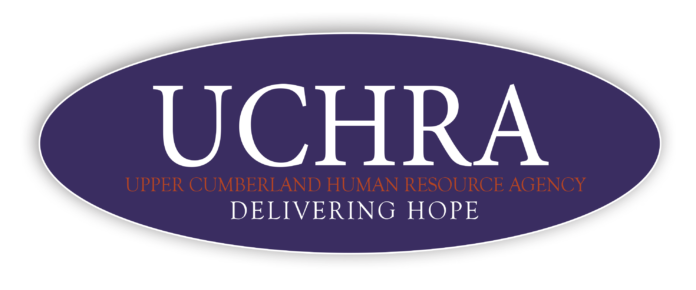Interim director, board continue to sort through finances, bylaws as investigations continue
By Amye Anderson
UCBJ Managing Editor
UPPER CUMBERLAND – When members of UCHRA’s boards and committees met Tuesday, they likely were not expecting Luke Collins, the agency’s embattled executive director, to be present.
Collins, placed on paid administrative leave in February and barred from having any contact with any agency employee, pending the outcome of several ongoing investigations into allegations of misconduct, took his usual spot at the conference table. He smiled and spoke with board members and even offered an occasional answer to questions related to general agency matters.
READ: Committee places UCHRA leader on paid leave
Meanwhile, a spokesperson with the state comptroller’s office will neither confirm nor deny to the UCBJ that there was, in fact, an ongoing investigation involving Collins and/or the UCHRA. However, minutes from the December 2017 board meeting indicated an investigation was underway. UCHRA has reportedly conducted its own investigation into the allegations against Collins. Though, no results from either investigation have been made public at this time.
While he couldn’t confirm or deny an ongoing investigation, John Dunn, public information officer for the comptroller’s office, says a typical investigation can take several months to complete.
“We really can’t say anything until such time as a public report is issued,” he said, noting the office’s policy. “That’s if we’re doing (an investigation). Typically, when we’re involved in an investigation, it’s several months before you see a report come from our office, generally speaking.”
Dunn says the majority of those investigations conducted by the comptroller’s office are finance-related. Following the notice of an allegations, every comptrollers’ investigation begins with a records review. Investigators comb through financial documents and any pertinent correspondence to find hard data showing an act of misconduct has been committed. Time sheets, payroll records, expenses and receipts are often all reviewed.
The agency then conducts interviews with individuals who may also be involved or may serve as a witness to those allegations before finally meeting with the district attorney from the appropriate, respective jurisdiction to discuss findings and issue a public report. At that time, the district attorney may choose to bring charges against the individual or individuals noted.
It is unclear when an official report could be revealed. In the meantime, interim executive director Mark Farley has worked to clean up a laundry list of items and promote a number of proposed cost-saving measures to ensure the continuation of some of the agency’s most prominent and vital programs.
READ: Farley, board begins UCHRA cleanup
UCHRA, he says, has seen its annual budget shrink from approximately $30 million each year. These days, that figure hovers in the $20 million range. To adapt to those reductions, Farley says the agency will need to consider spending cuts in order to handle budget constraints and become more efficient.
One of the more pressing issues involves UCHRA’s nutrition program. Currently, the program’s fund balance, which has dwindled in recent years, is approximately $300,000 in the hole. Following a series of drastic cuts and decisions, Farley says he’s hopeful the nutrition program will at least break even this time around.
“A lot of that nutrition (funding) is money that’s funded from the Development District,” Farley added.
Farley is also the executive director of the Upper Cumberland Development District. Along with the UCDD team, Farley says they have already been working toward a solution regarding the struggling nutrition program and have been able to implement some changes.
Another item on Farley’s to-do list is ensuring UCHRA bylaws, an ongoing topic of discussion among board members, are updated to better explain processes and responsibilities of those serving the agency.
READ: UCHRA board wades through bylaws inconsistencies
In his short time at the helm of UCHRA, Farley has been able to seamlessly adapt to his interim role. That’s because UCHRA and UCDD, he says, share a similar structure model.
“From an operational standpoint, there’s really not a whole lot of difference,” Farley said. “Obviously, we’ve got a few major issues that we’re dealing with over there (at UCHRA).”
“It’s not been bad,” he added, regarding his balancing of the two roles. “It’s enabled us to get some things done in a hurry that need to be done.”









